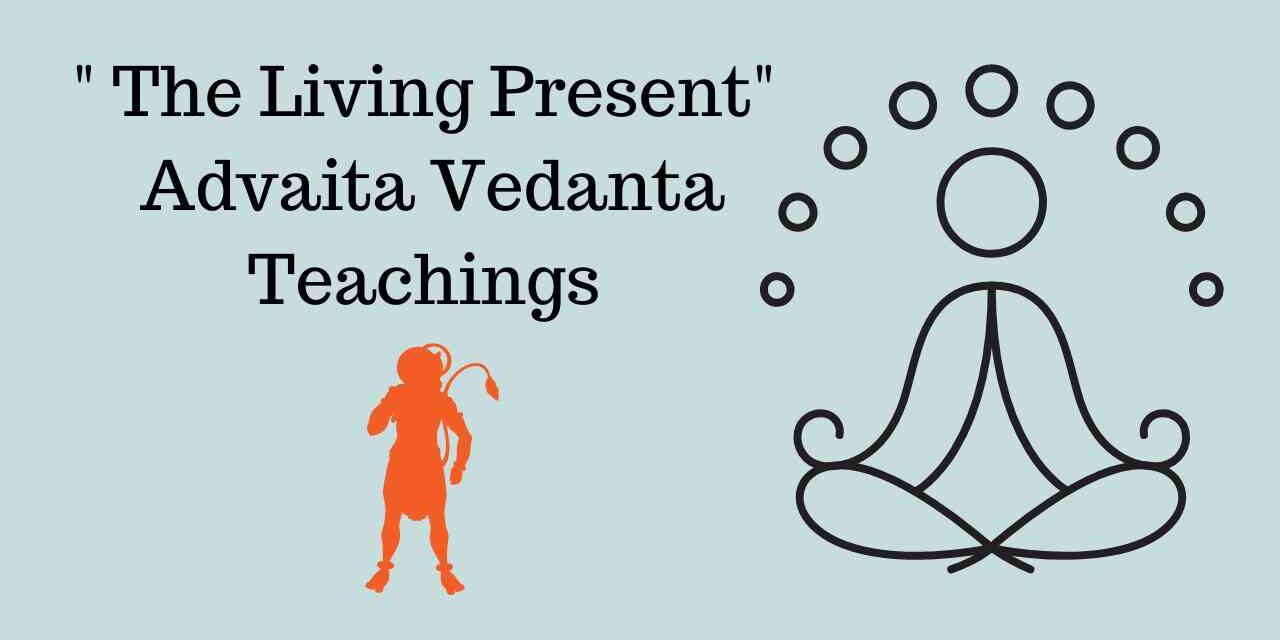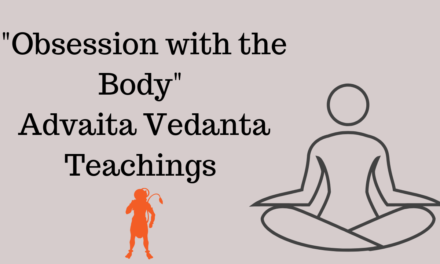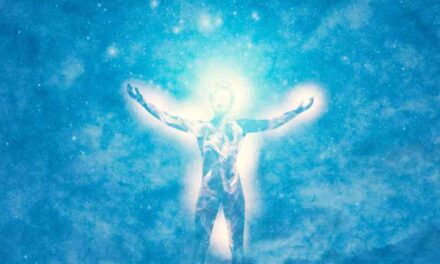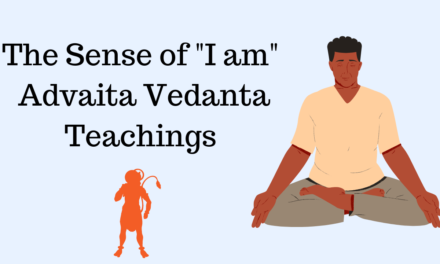Maharaj, a Hindu guru, believed that the mind, also called awareness or Antahkarana, was the root of all problems. A questioner approached Maharaj, stating that there was nothing wrong with their body or true self. The issue was the inner body or mind that was agitated, craving pleasure, and afraid of pain.
Maharaj questioned the individual’s belief about their mind, asking what was wrong with seeking pleasure and avoiding pain since life runs between the banks of agony and pleasure. Maharaj advised accepting what comes and letting go of what goes, witnessing reality without wishing or fearing. He explained that individuals were not observers but the ultimate potentiality, the embodiment of all-encompassing awareness.
The questioner argued that ideas and emotions were between the body and the self that did not benefit either. These sentiments were fleeting and weak, obscuring reality. Maharaj explained that recalling or expecting an event could not replace the present event. The present event has a stamp of reality since it is illuminated and alive. Maharaj emphasized that the present is unique and real because of an individual’s presence.
The past is remembered, and the future is imagined, but the present is genuine because it is concentrated at the moment. The questioner countered that people interact with memories as if they are real. Maharaj stated that individuals only recognize memories when they enter the present. The absence of distinct memories is responsible for the blankness of profound sleep, but happiness is universally remembered.
The questioner returned to the issue of the mind’s ever-changing states between life’s source and representation, i.e., the body. They argued that the flow of mental states was infinite, pointless, and terrible, and the constant component was pain. Maharaj replied that fear was the memory of pain, and desire was the memory of pleasure. Both make the mind race.
Pleasures are just holes in the stream of misery, so how could the mind be content? The questioner acknowledged that pleasure and pain existed but asked if there was a state of absolute bliss, free of desire. Maharaj replied that pleasure was only joyful when compared to grief.
The questioner asked if the pain was a cosmic reality or psychological, and Maharaj explained that the cosmos was complete. When seen as part of the whole, a portion of the whole is complete. Suffering arises when viewed in isolation due to mental limitations. Maharaj asked if there was another mind that combined and harmonized, seeing the whole in the part and the part as linked to the whole. He stated that the intellect opposed and separated, but the inclusive mind was love in action, striving against the odds, disappointed initially but eventually triumphant. Love was the bridge that connected the soul.
In conclusion, Maharaj believed that the mind caused all problems and was responsible for the endless pursuit of pleasure and avoidance of pain. He advised individuals to accept reality, witness without wishing or fearing, and let go of what goes. The present was unique and real because of an individual’s presence, and memories were only considered when entering the present.
Maharaj believed that suffering arose when viewed in isolation and with mental limitations. The intellect opposed and separated, but the inclusive mind was love in action, striving against the odds. Love was the bridge that connected the soul, and with an inclusive mind, an individual could experience triumph over hurdles.





